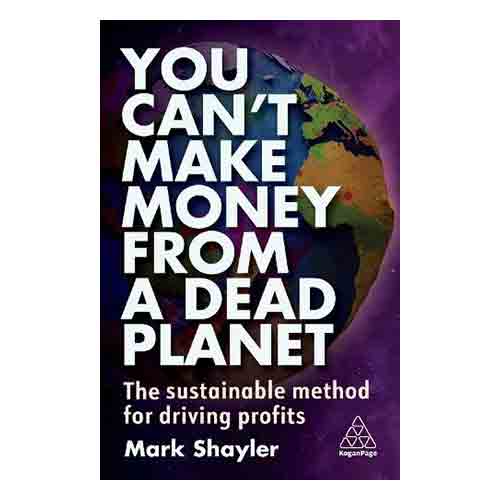Running a sustainable business is not just about the practices; it’s also about making sure that the people you are serving have faith in your efforts. Any Founder needs to ensure their clients have faith in their sustainable businesses approach and principles, but how do we achieve this? There are a number of different methods that we can incorporate:
Demonstrate Your Credibility Credentials
It’s easier than ever for businesses to say that they are operating sustainably, but what actually ensures that you are practising what you preach? We should always remember that credibility is about showing customers and clients what we are doing to improve our efforts for the sake of the planet. We need to align our sustainability claims with our actions, and this is partly about educating customers and clients about the things we are doing that will help us in the long run.
This could be about operating with a more economical mindset, but also about showing customers and clients what we’re doing to invest upfront that stimulates long-term sustainability. It could be something as simple as our physical infrastructure and showing them that investing in galvanised pipe to minimise rust and corrosion ensures that we’re not replacing these implements every few years, and therefore this very simple thing can show our customers and clients that we are thinking more sustainably, rather than just making purchases that are only effective in the short term.
Sustainability is as much about mindset as it is an investment, and if you can demonstrate your credibility in these little ways, you’re going to give customers a greater sense that you are not just partaking in a box-ticking exercise, and this means that when you show you truly care and you are demonstrating that you are lining up what you practise with what you preach this establishes credibility and more importantly trust. There are other ways to do this as well, for example, seeking independent verification and certification of specific practices. Something like the ISO standards can be a great way to ensure that you are complying with sustainability and getting those endorsements. The key ISO standards relating to sustainability are:
- ISO 9001 (quality)
- ISO 14001 (environment)
- ISO 45001 (workplace health and safety)
- ISO 50001 (energy)

Establish Transparency
Transparency is so important to business practices, but within the realms of sustainability, we’ve got to showcase how we are making a positive environmental impact. As part of our promotional efforts, we should not necessarily ram sustainability down our customers’ throats but be open and honest about our goals, policies, and actions in terms of sustainability.
Communicating our sustainability progress and challenges transparently, perhaps through a regular email newsletter or if we’ve achieved a certain milestone such as the aforementioned ISO certification, can make a massive difference in how we become the provider of choice in the minds of our customers and clients. Transparency is not just something that’s good for the sake of our promotions but it can become a major component of our abilities as a business.
Transparency is something that should be felt on a cultural level in-house and this is why we should always remember that clarity and honesty are always the best policies.
Sustainable Businesses Thrive When Fostering Collaboration
Working with clients is just as important as working for them. Understanding their sustainability needs and priorities can help us to address client concerns. Collaboration is something that we should be open to anyway and when we develop initiatives and solutions that don’t just benefit clients but benefit us, we’re able to understand the concept of sustainability on a much larger scale.

Bestselling author and sustainability strategist Mark Shayler explains why there is no contradiction between being profitable and doing the right thing for the planet and doing the right thing for your customers. Providing the insights, the enthusiasm and the tools to align your sustainable businesses with profit, the book blends explanations of the challenges that we face, with stories from those business that have excelled in sustainability.
SHOP
Businesses can often make the mistake of thinking about themselves and trying to control the narrative however when we start to collaborate with clients to understand what their priorities are it makes for a far more beneficial solution. If we prioritise others and operate with this mindset it can take a long time to get the ball rolling, especially in this very self-absorbed world, but for the sake of sustainability, we’ve always got to reach outwards.
Encouraging clients to adopt more sustainable behaviours and choices doesn’t mean they have to do these but we always need to be the change that we wish to see in the world. We need to set an example but also educate clients on the importance of sustainable business practices.
By implementing some or all of these strategies, we can establish long-term partnerships with customers and/or clients who value sustainable business practices. It isn’t just about what we do and how we promote, but we need to look at sustainability as a mindset as much as it is a method.




